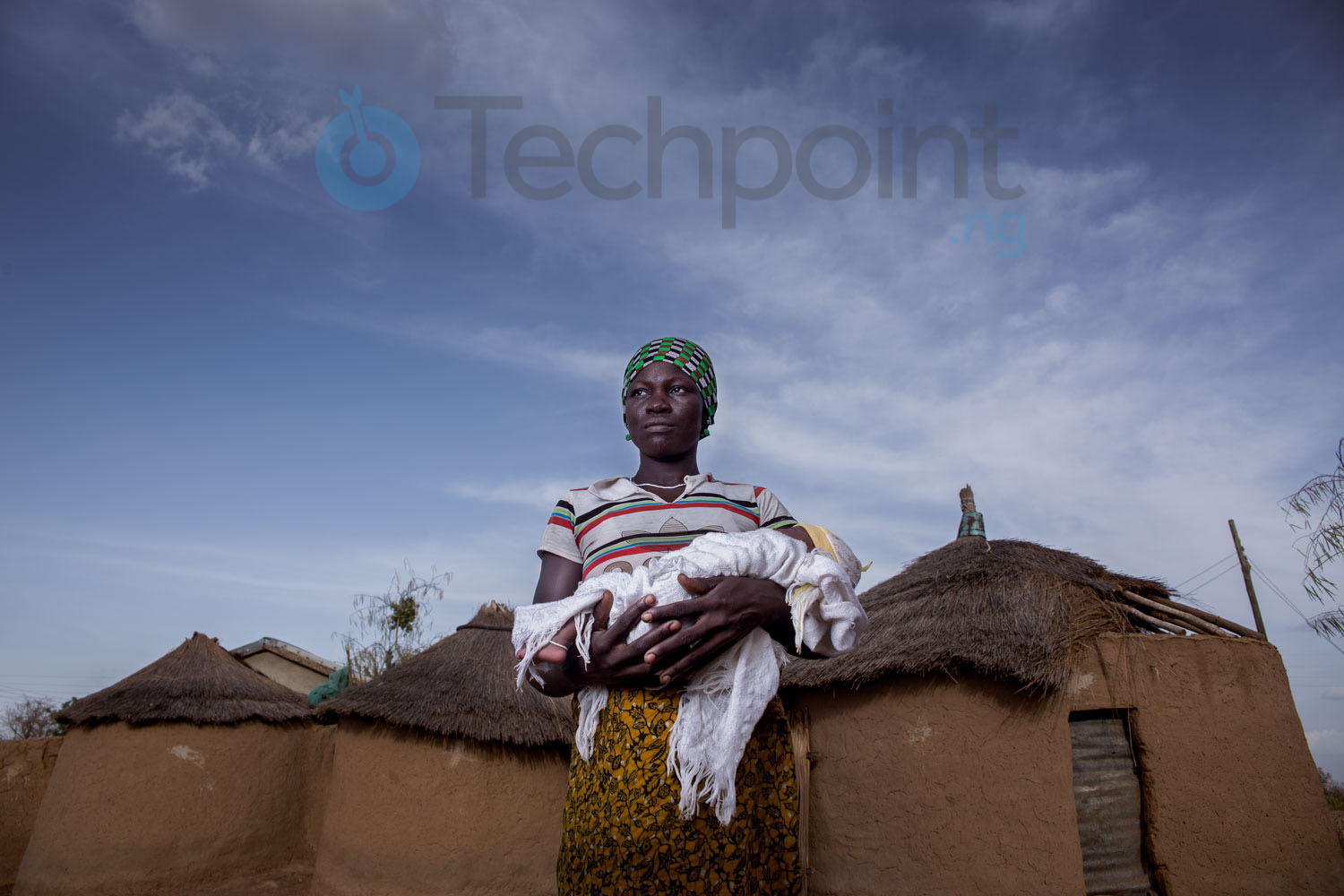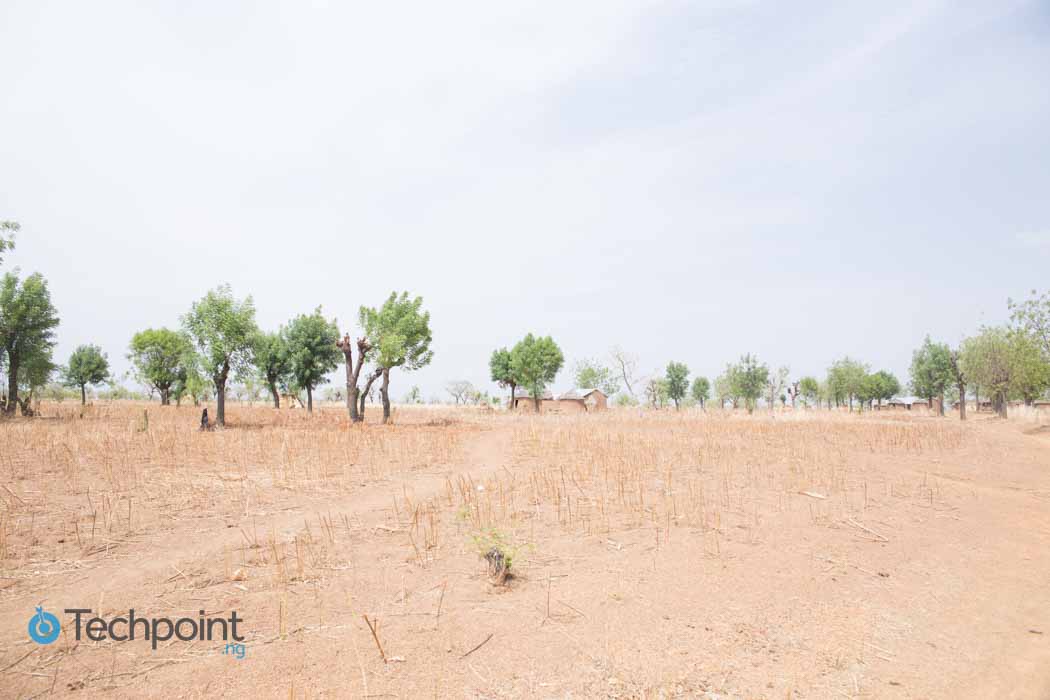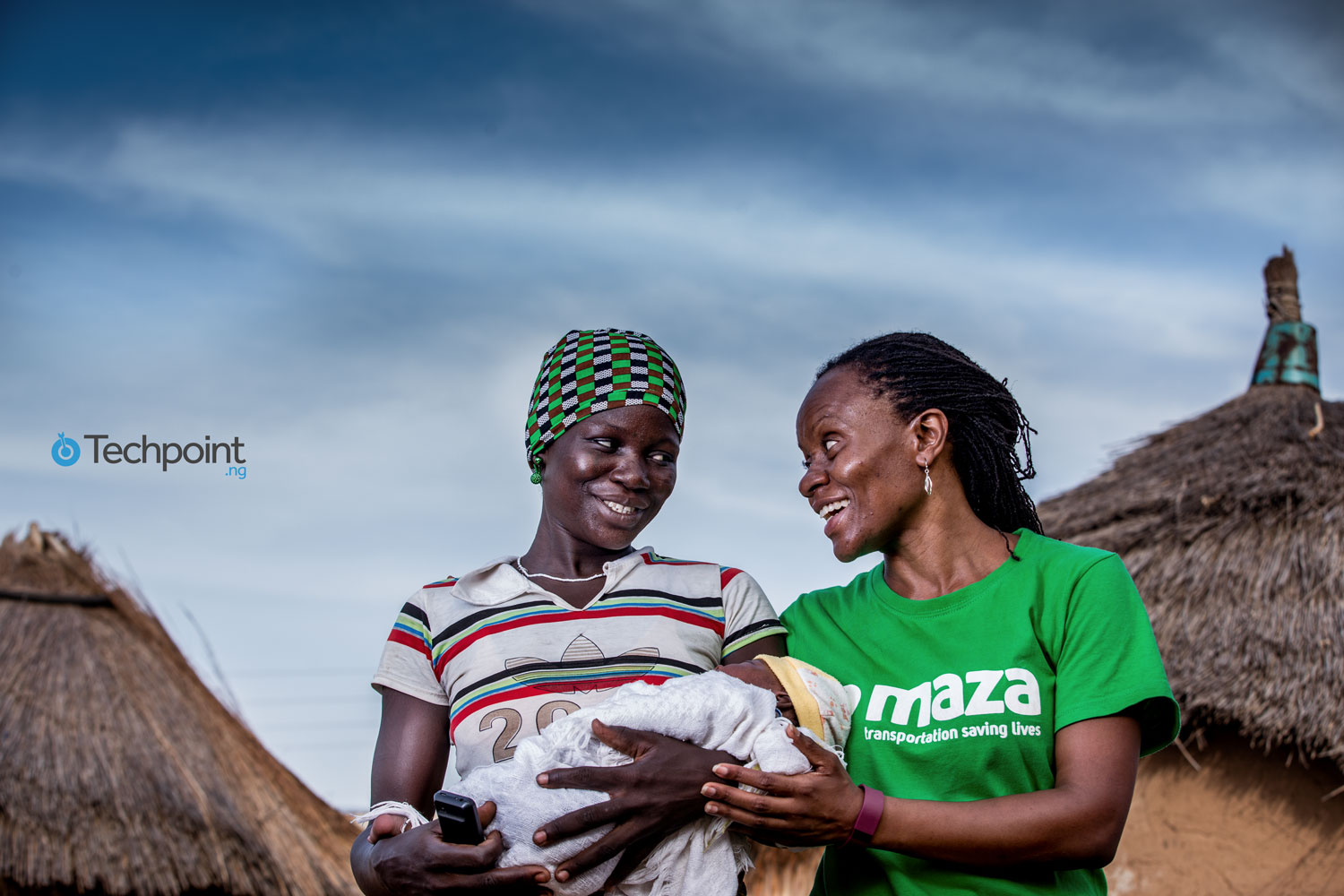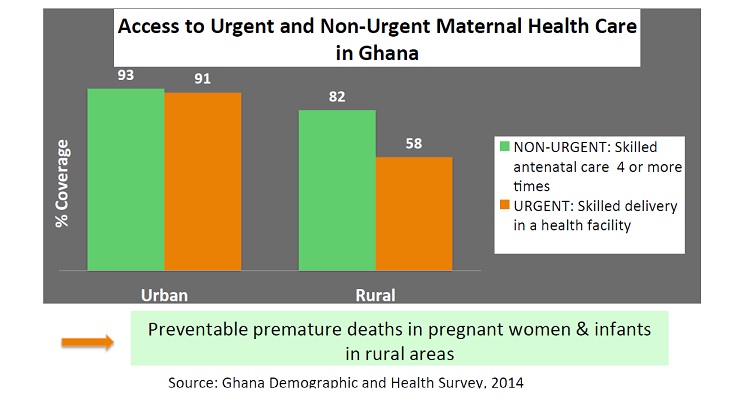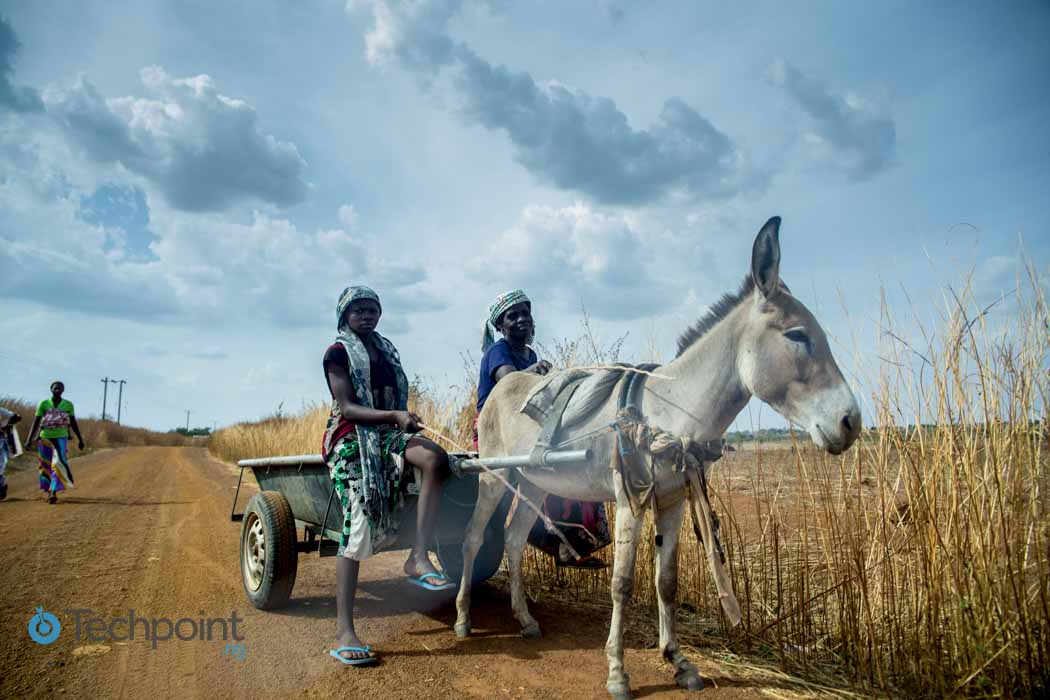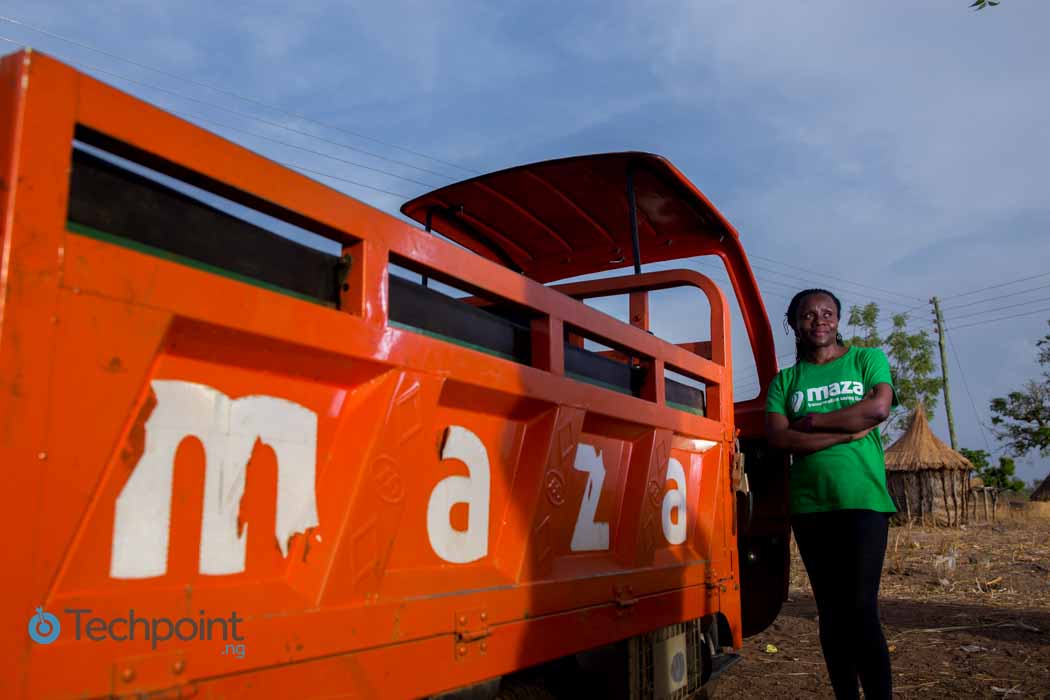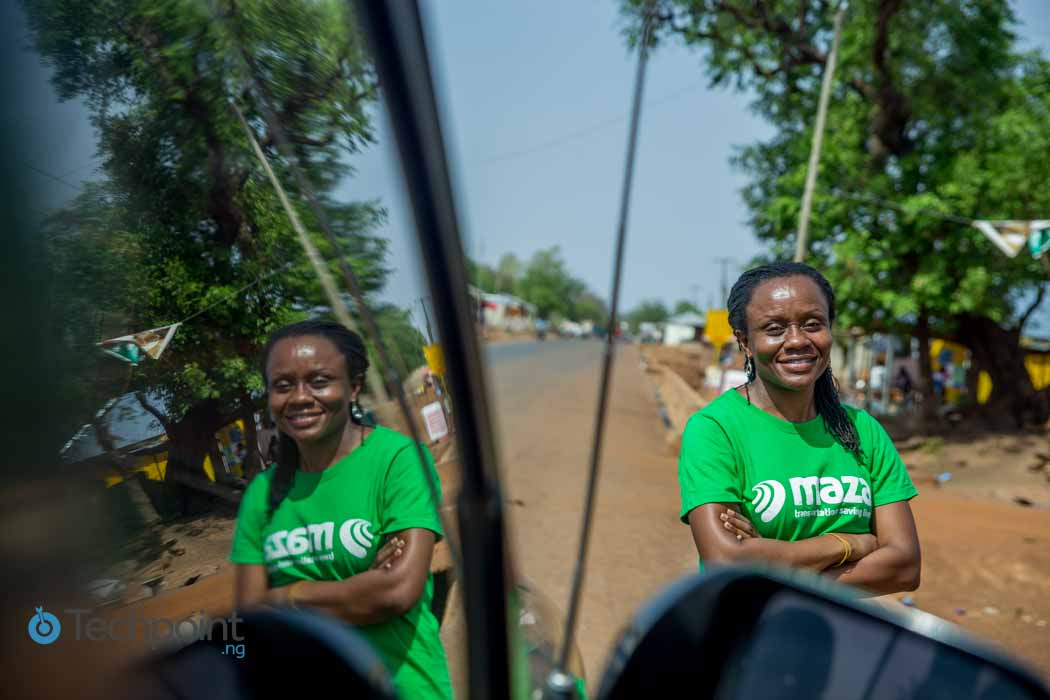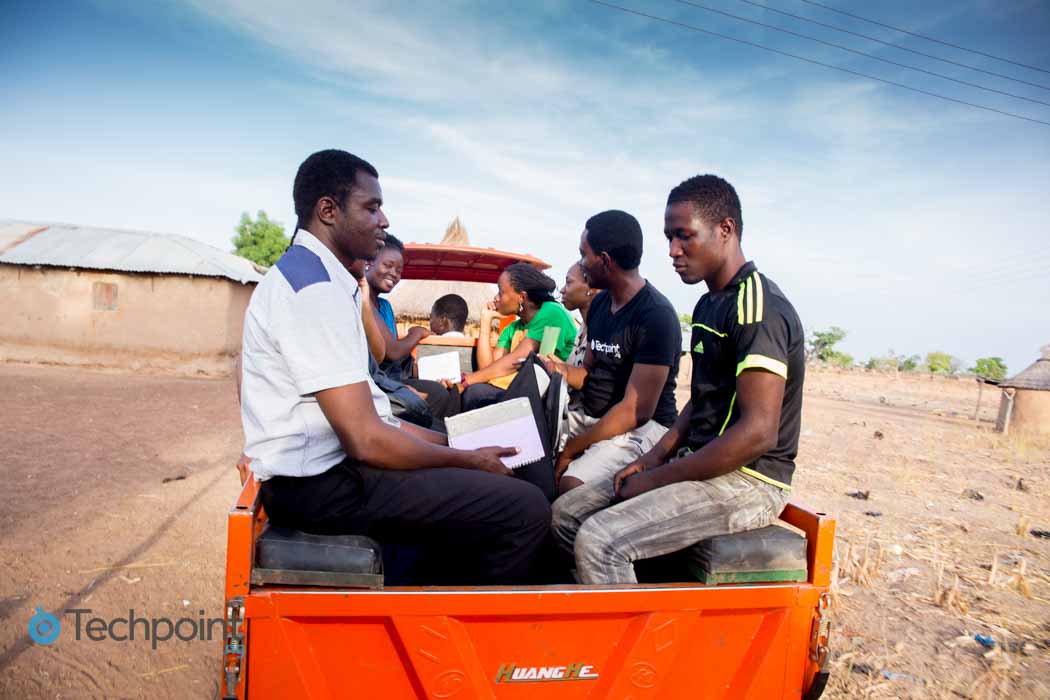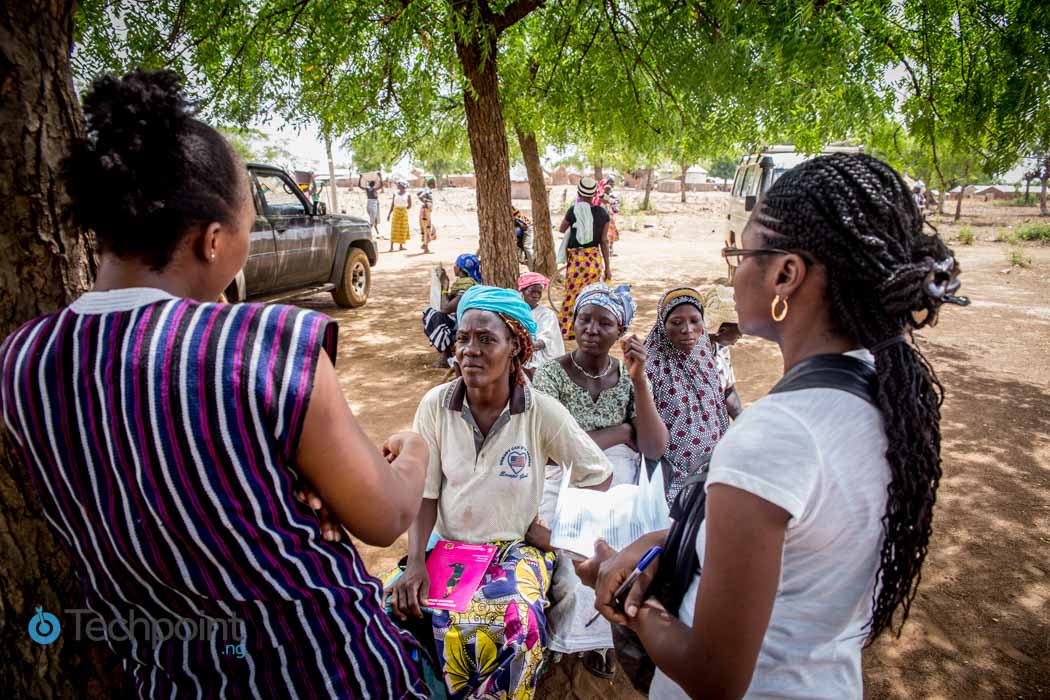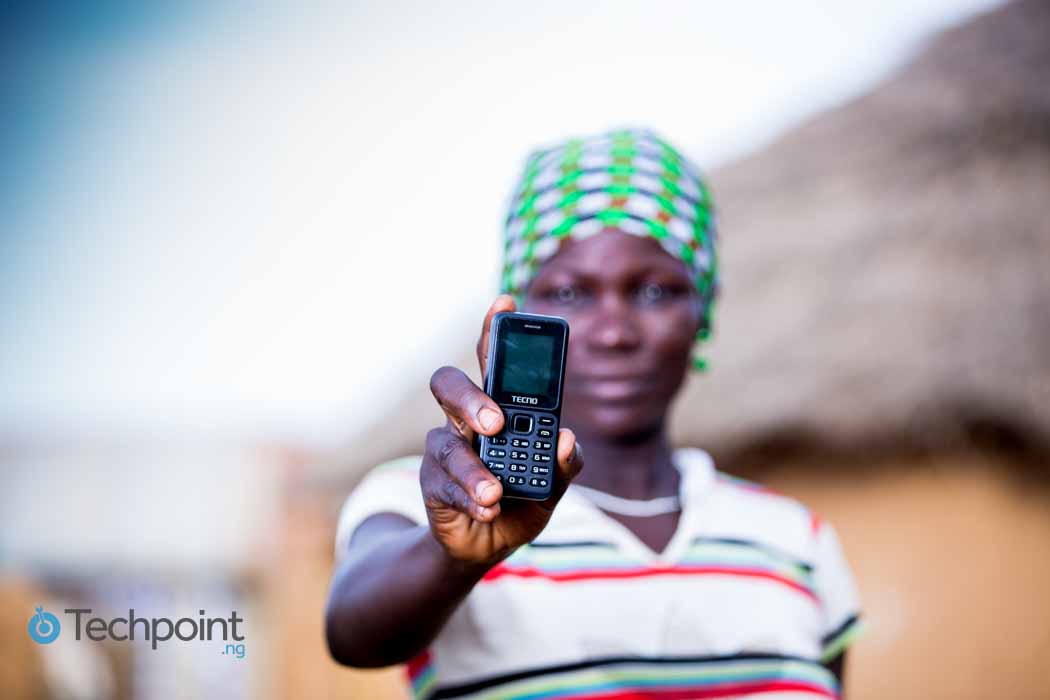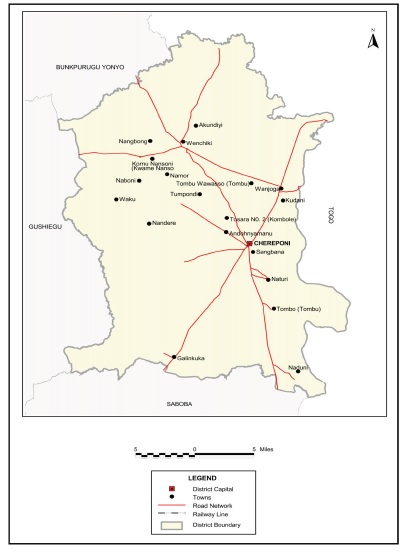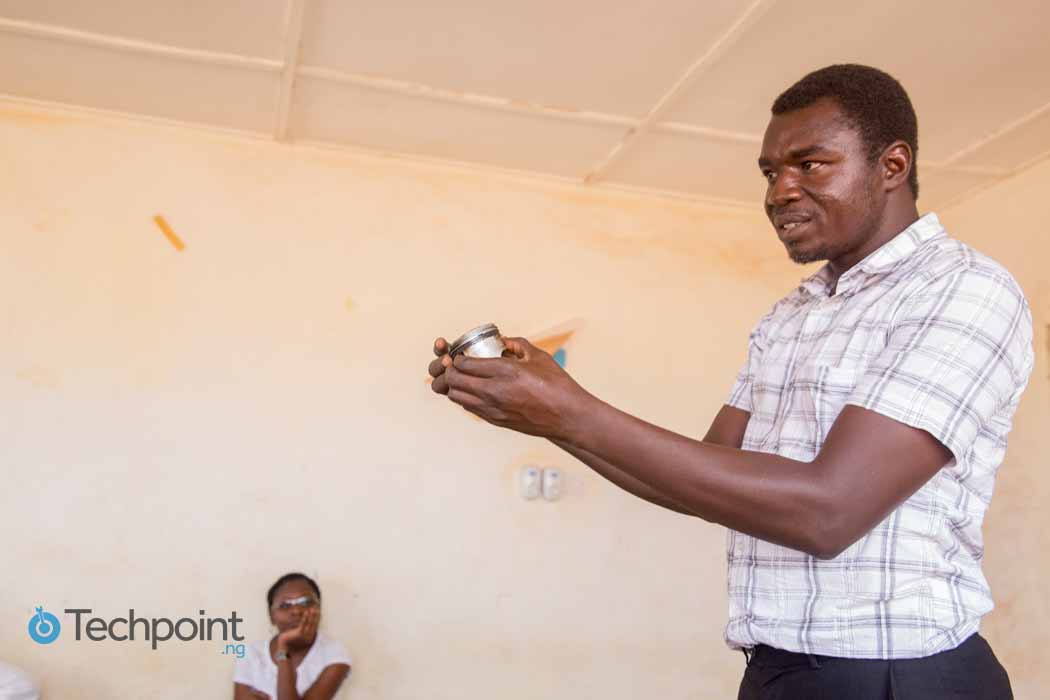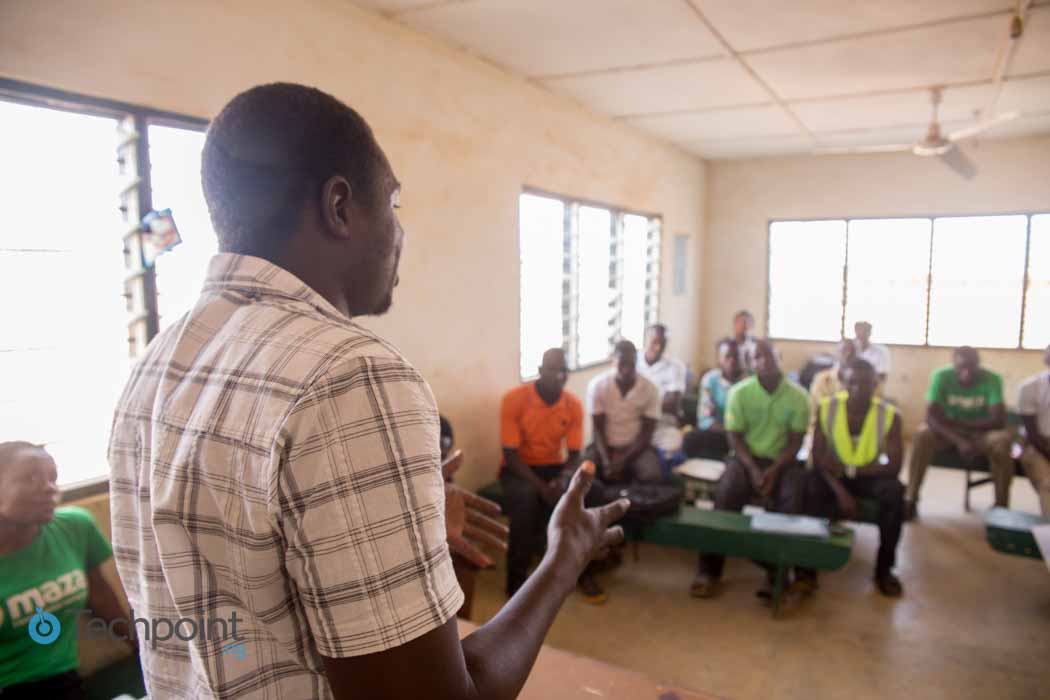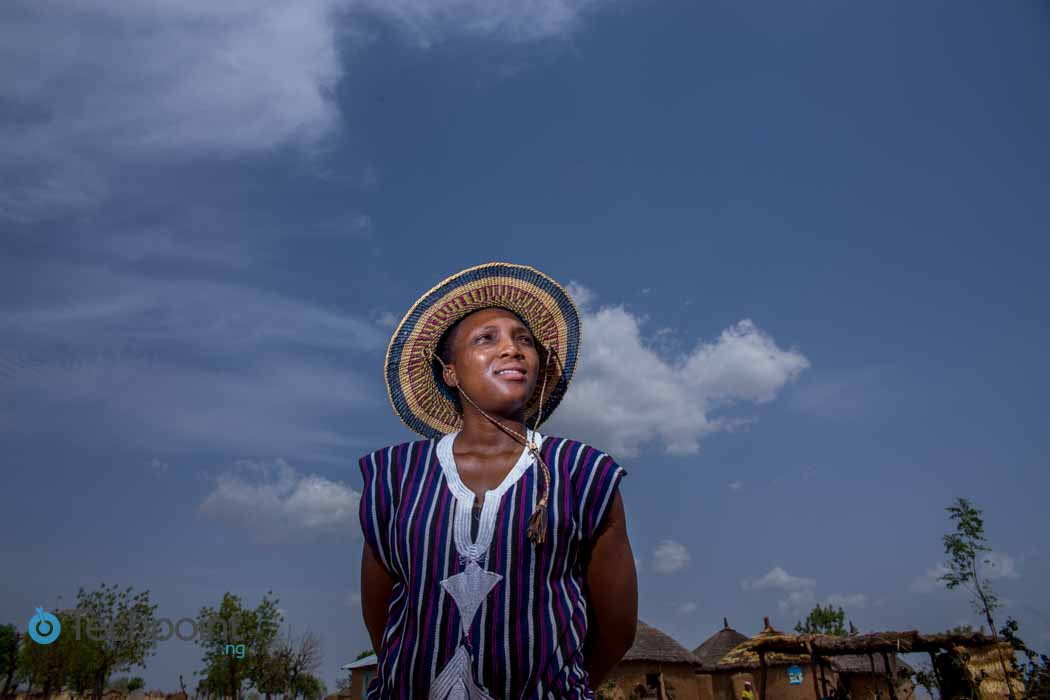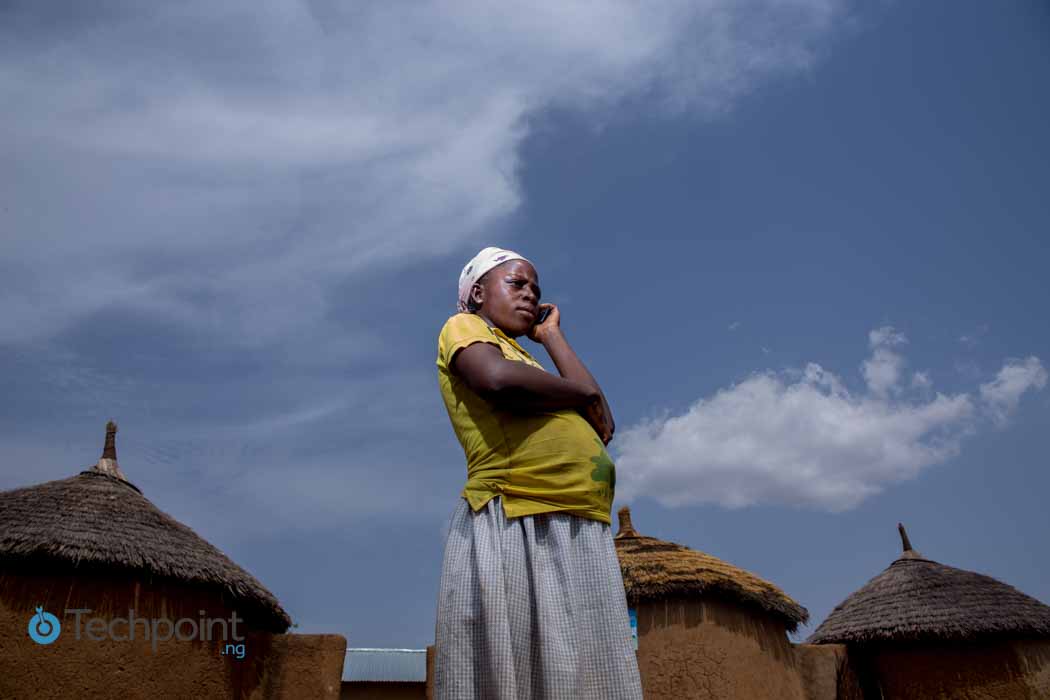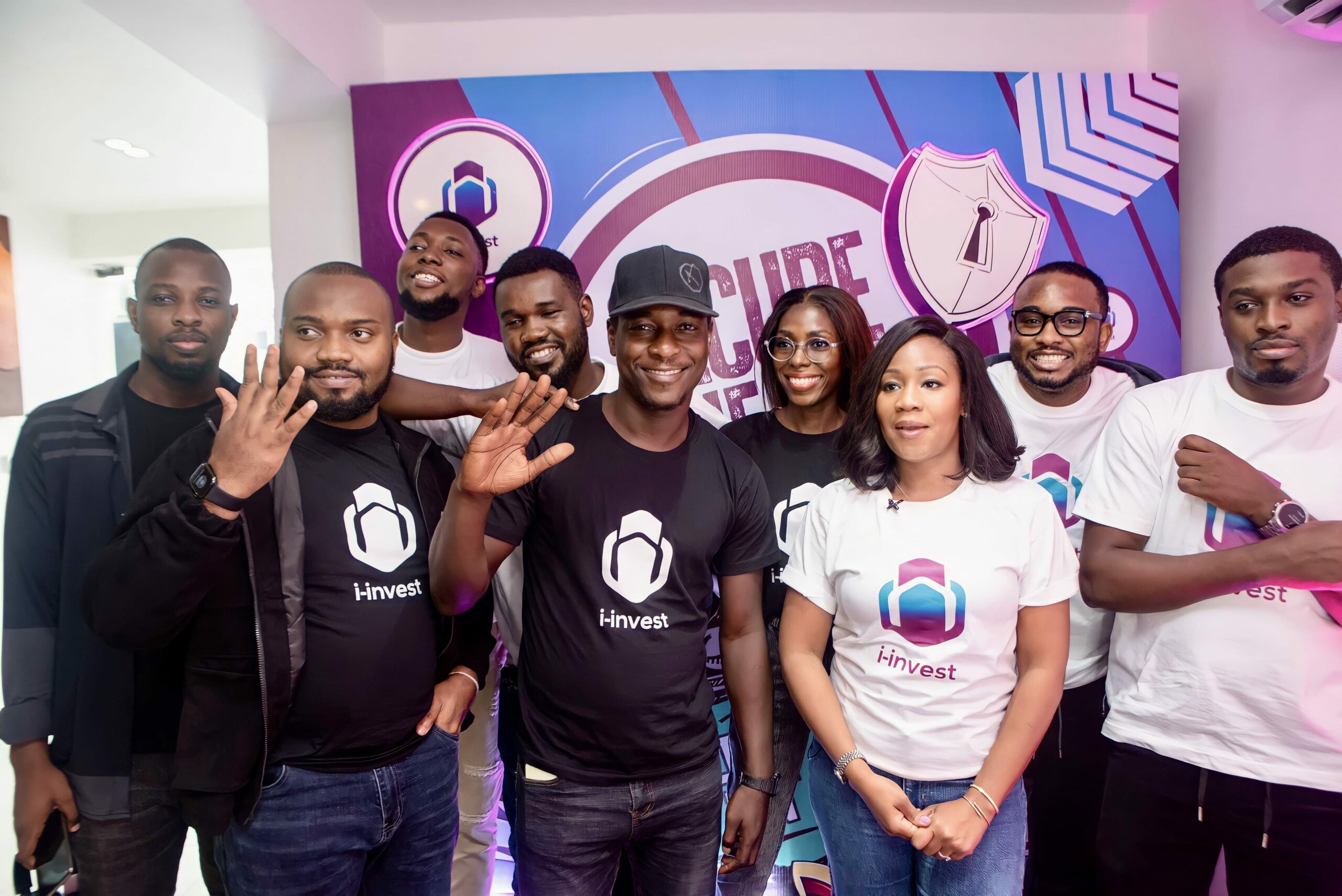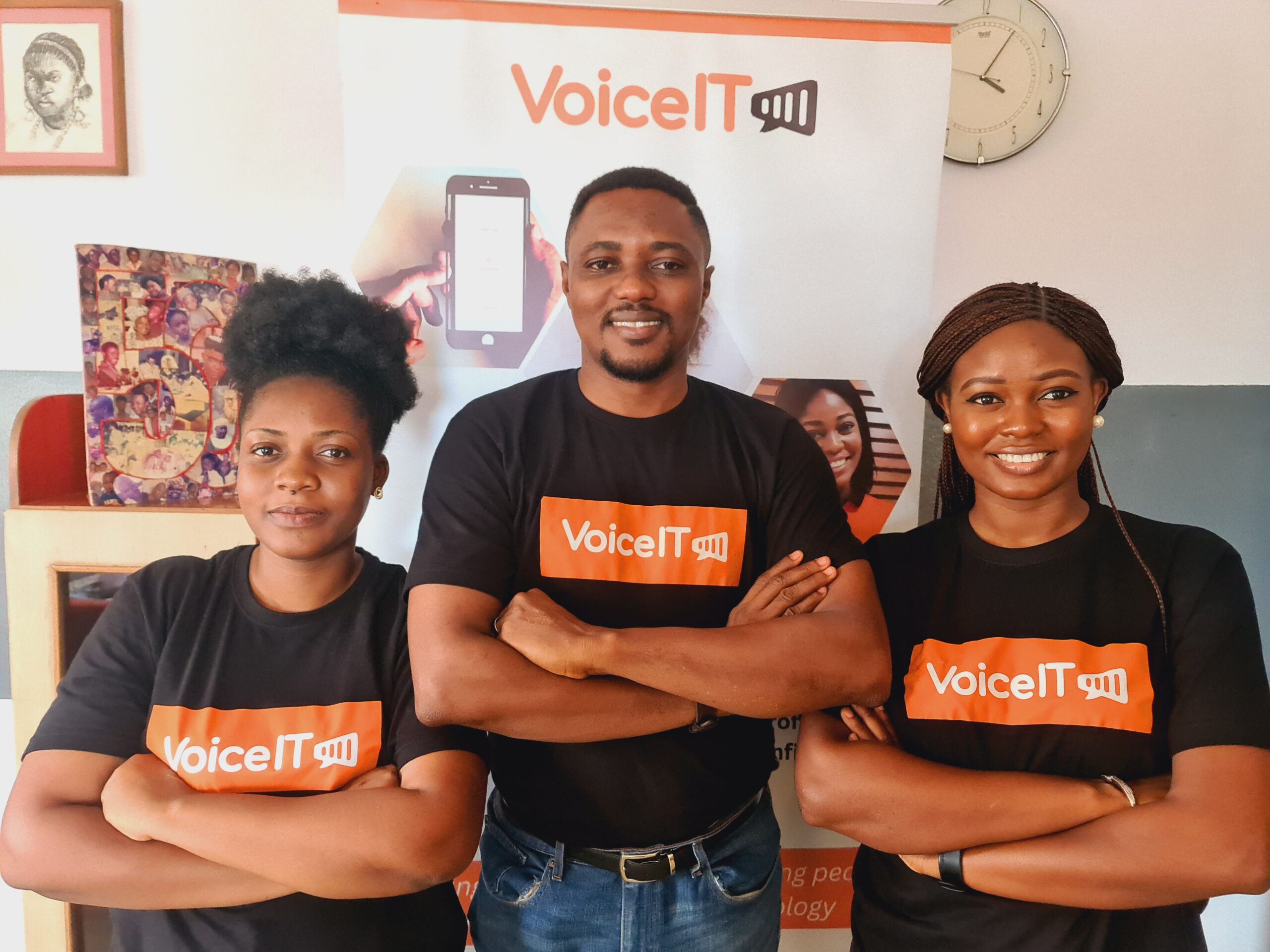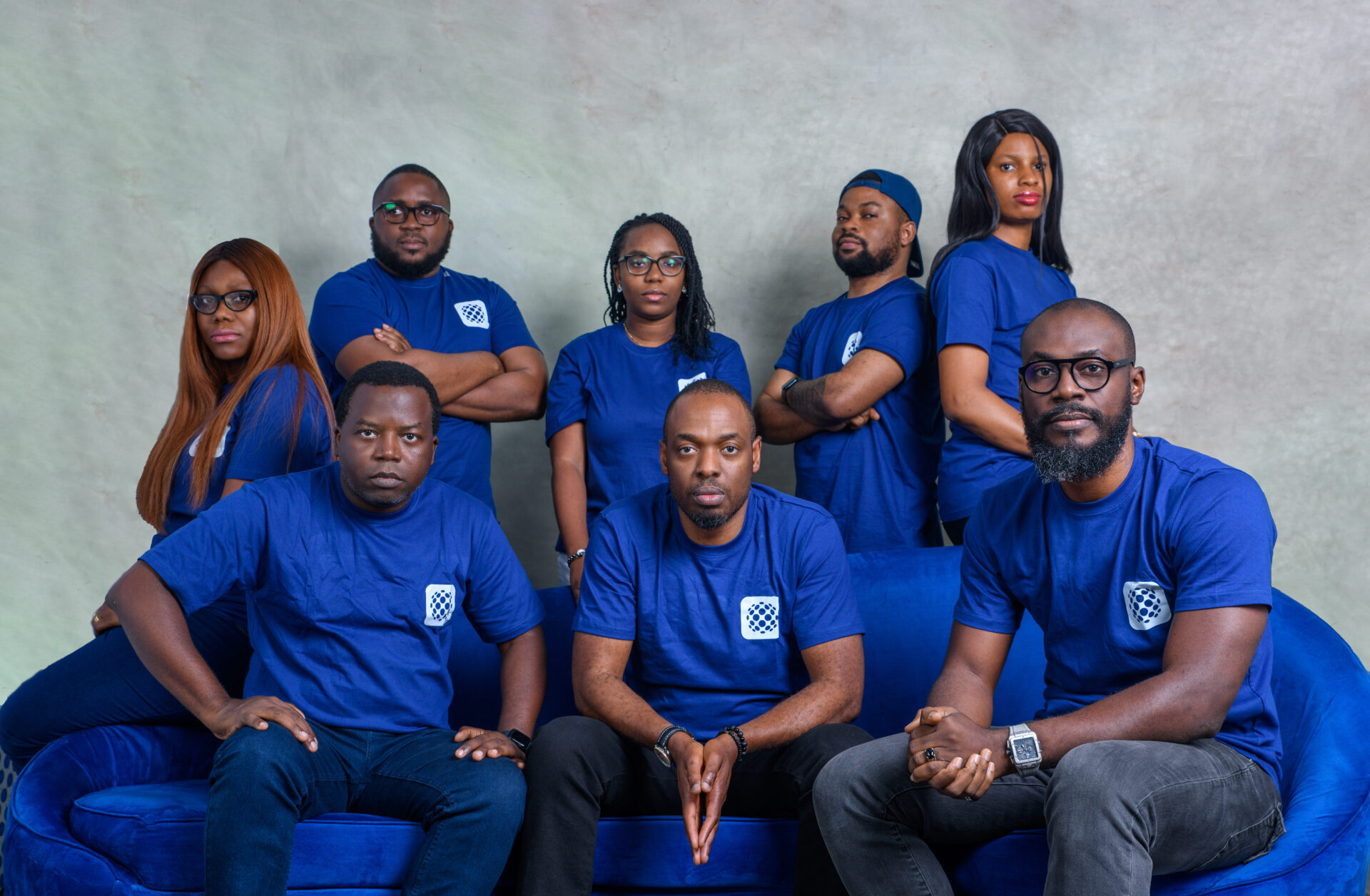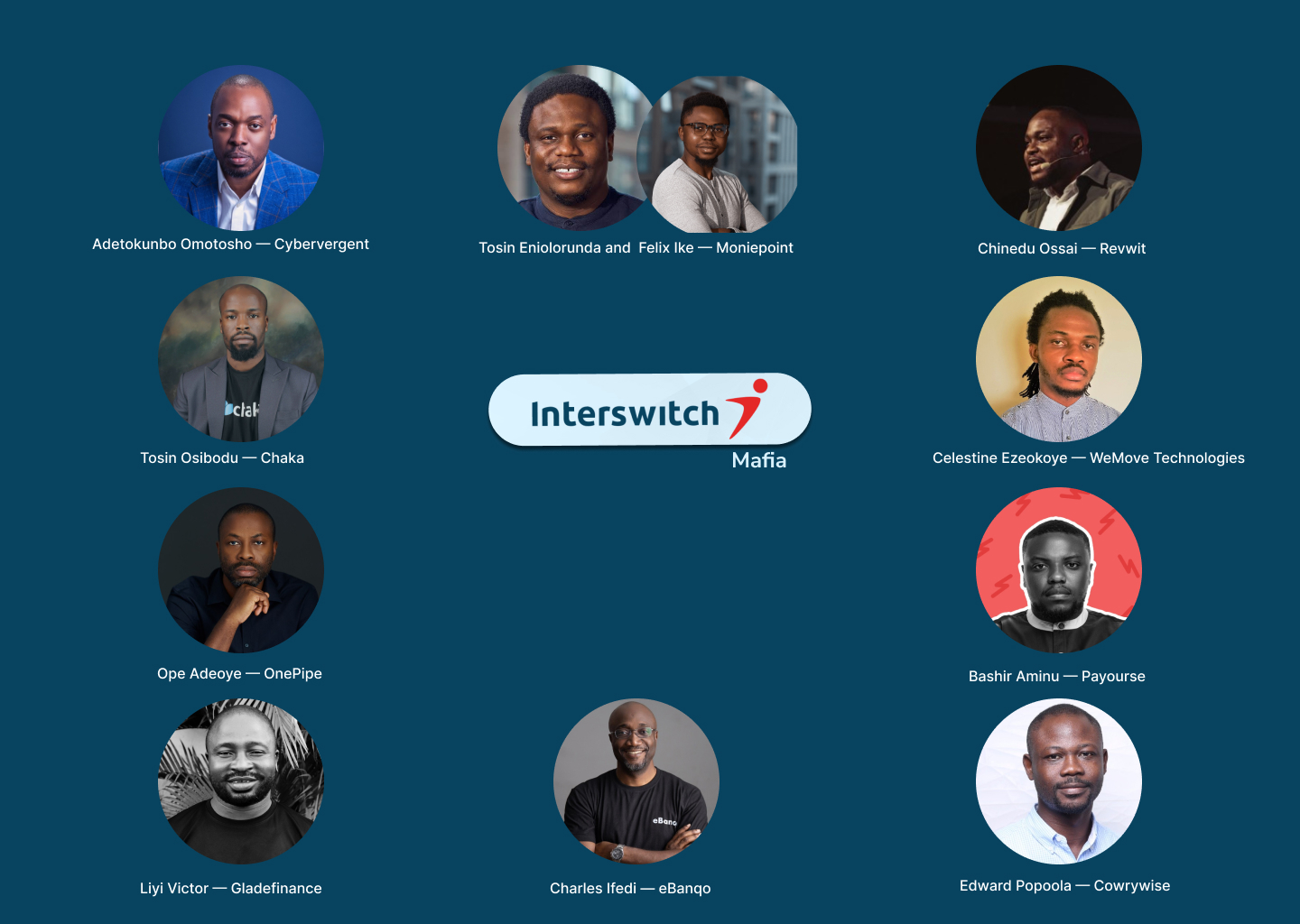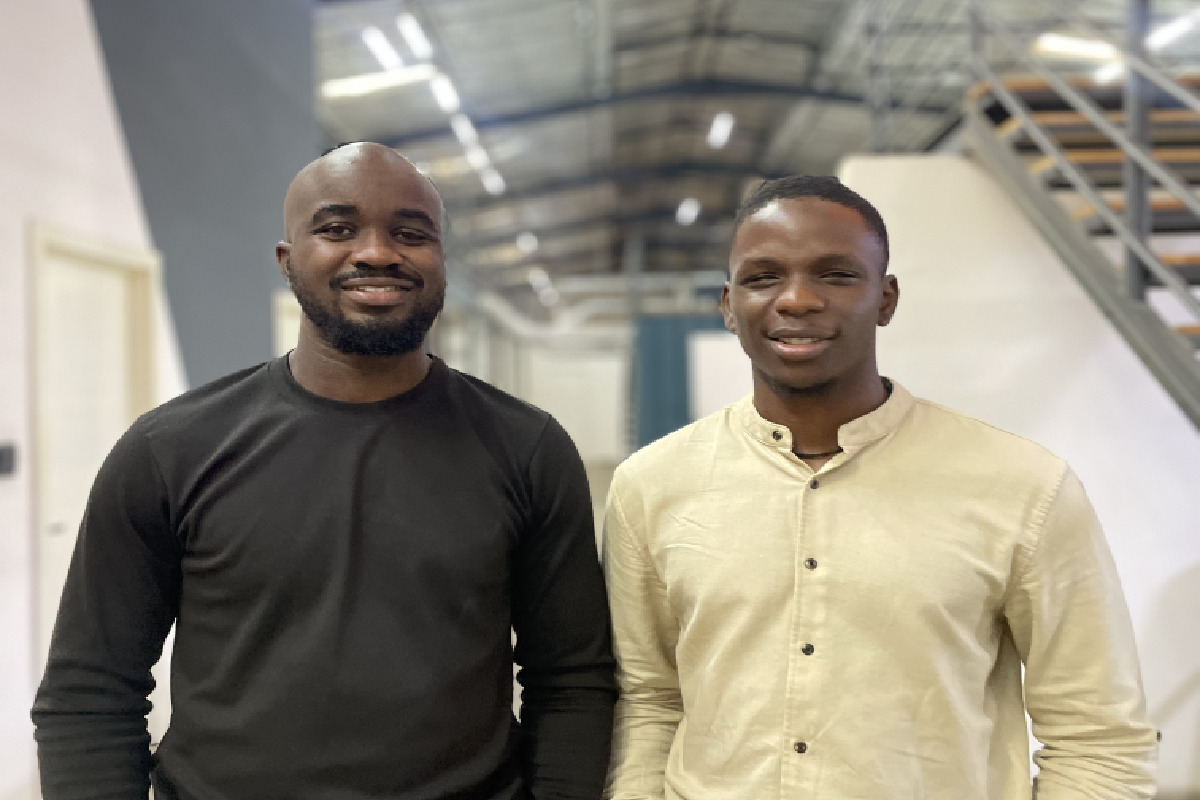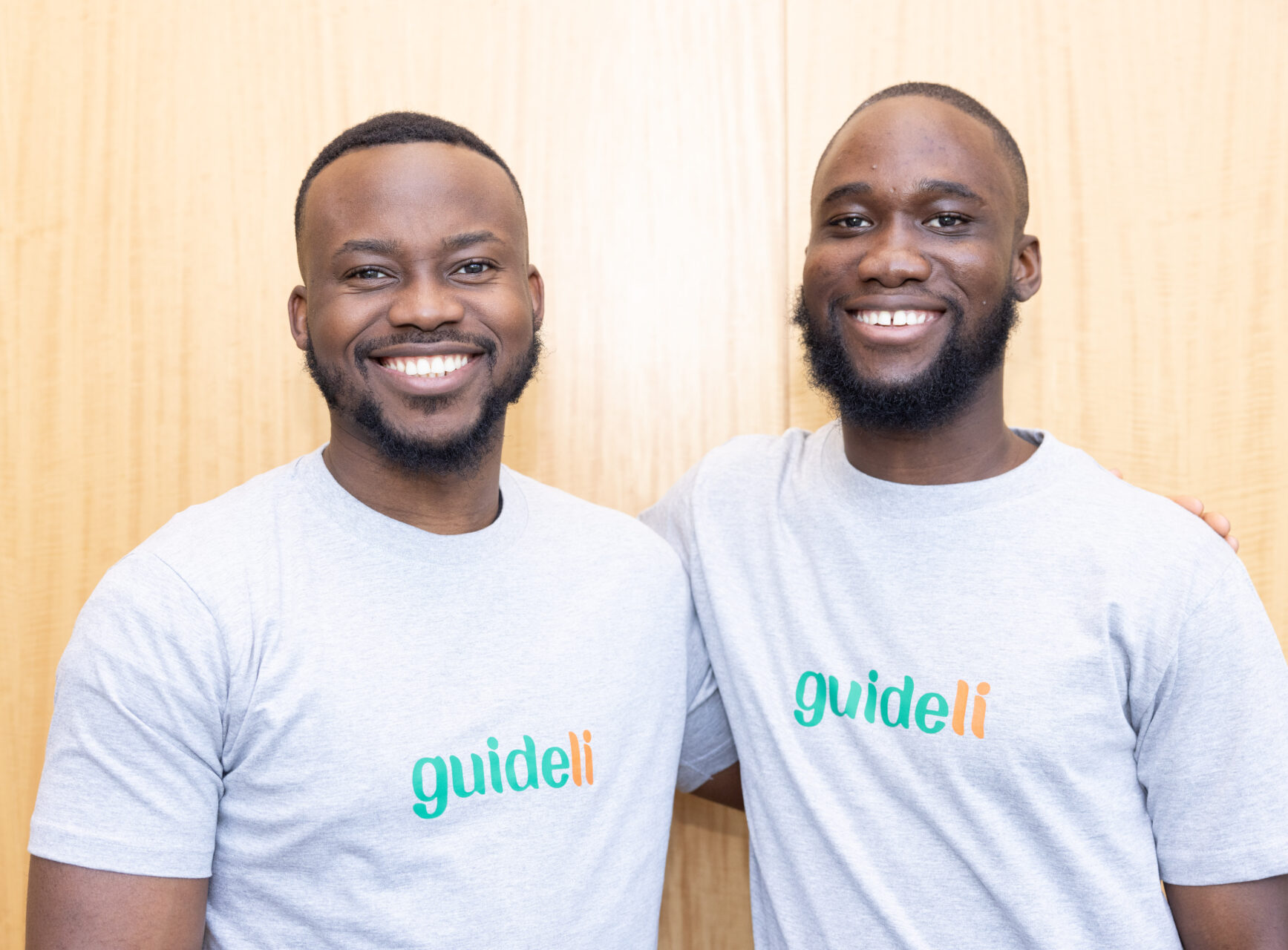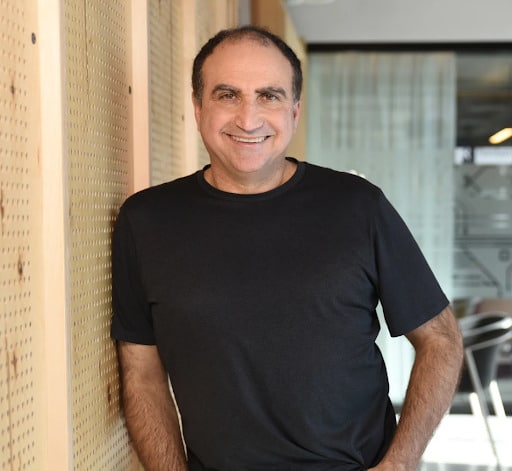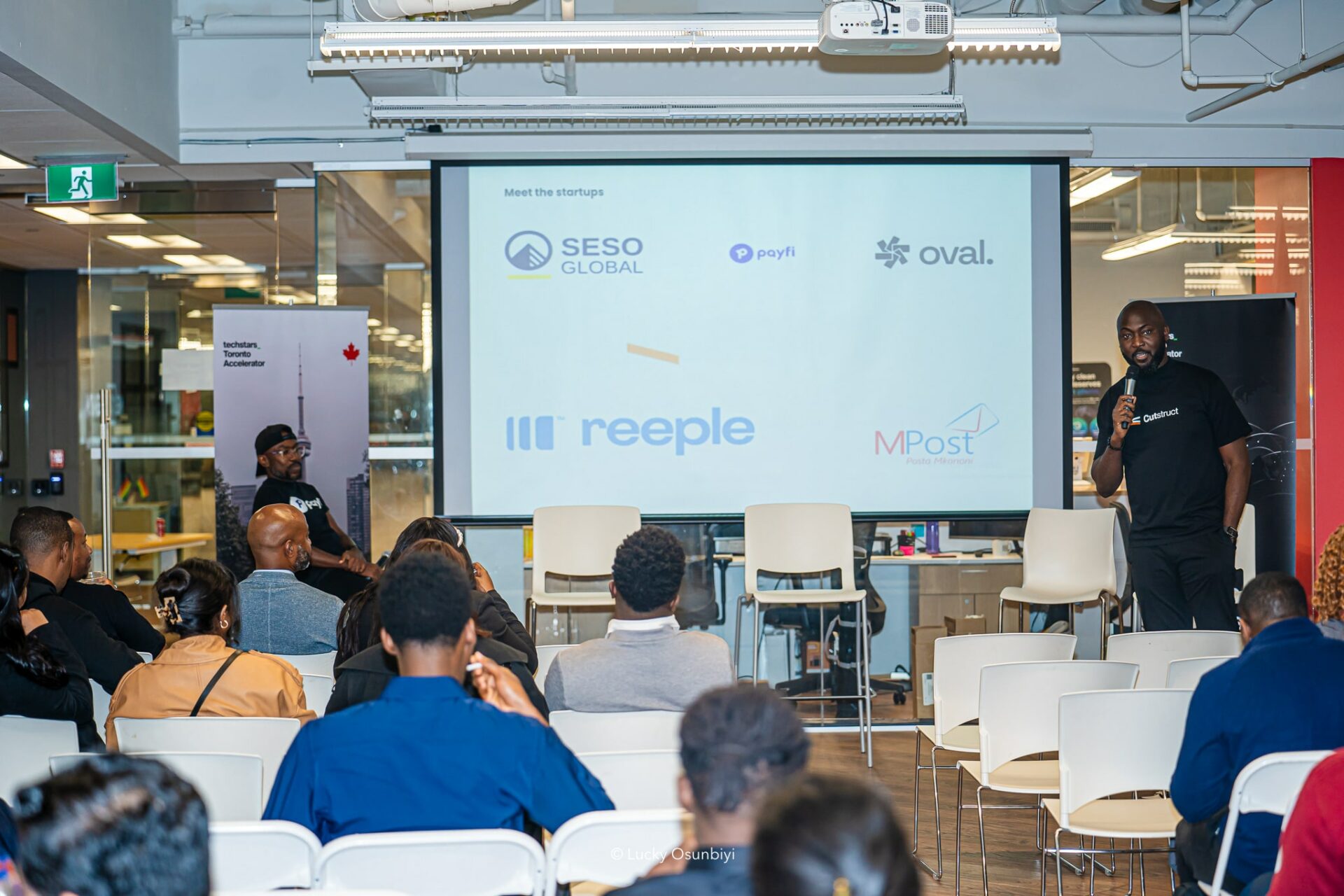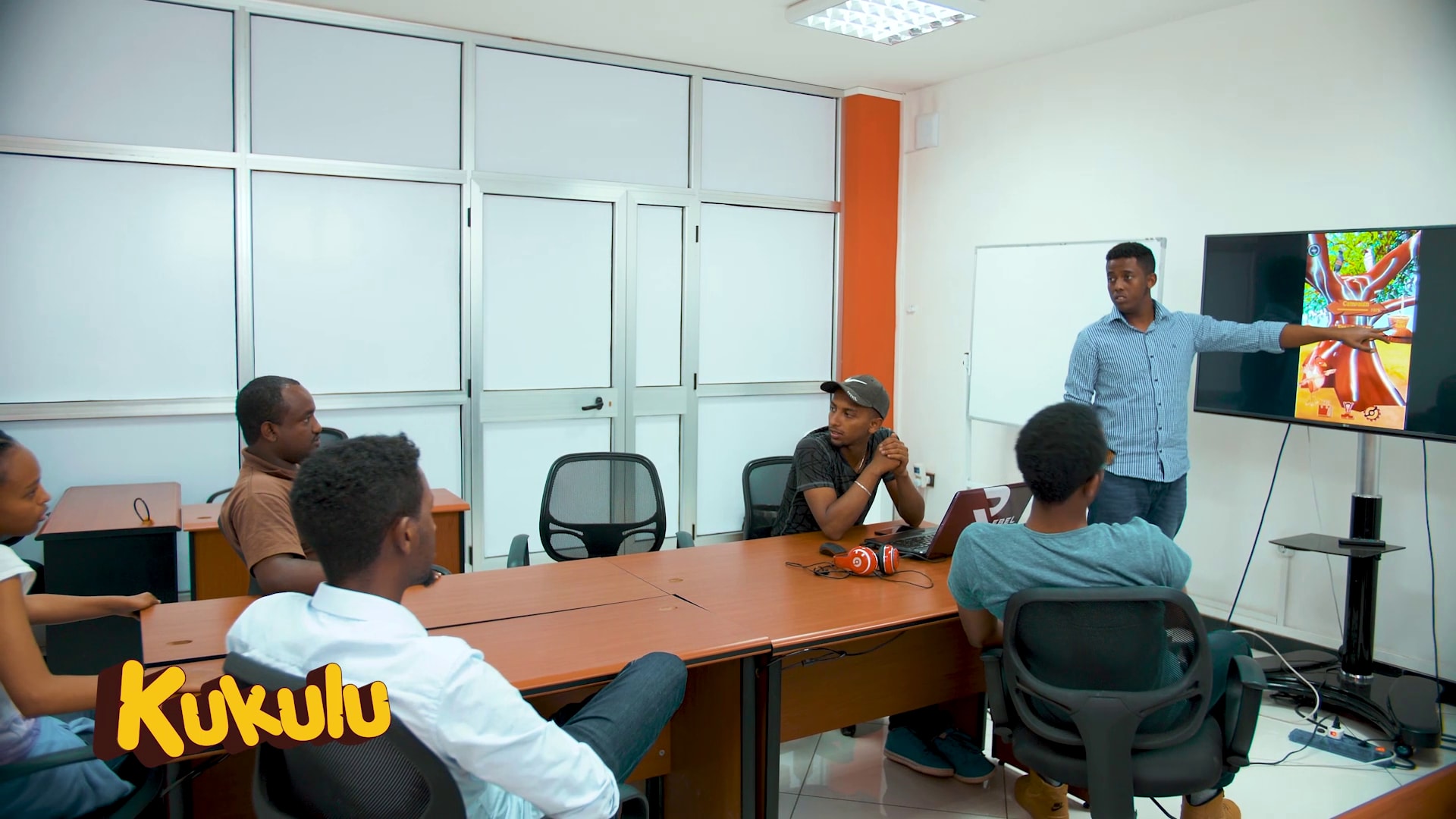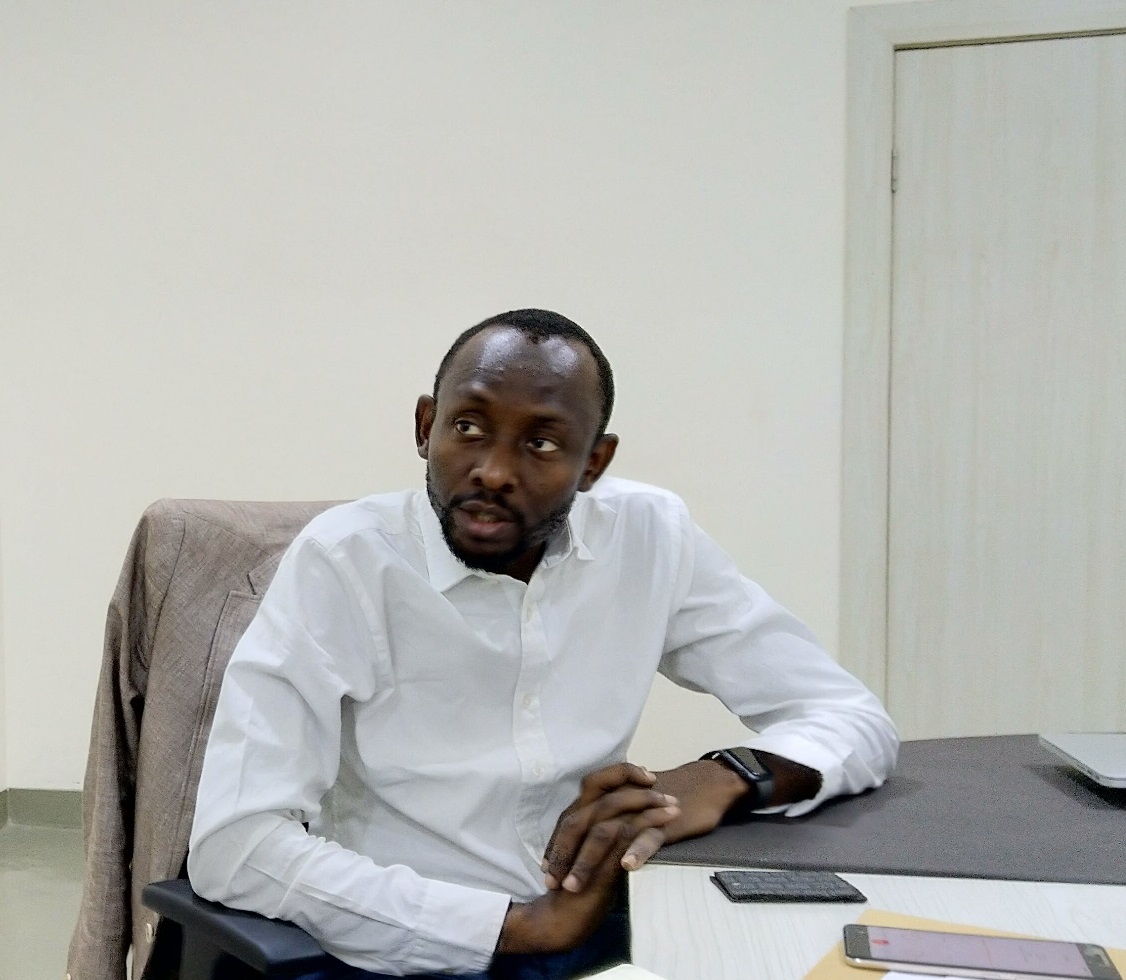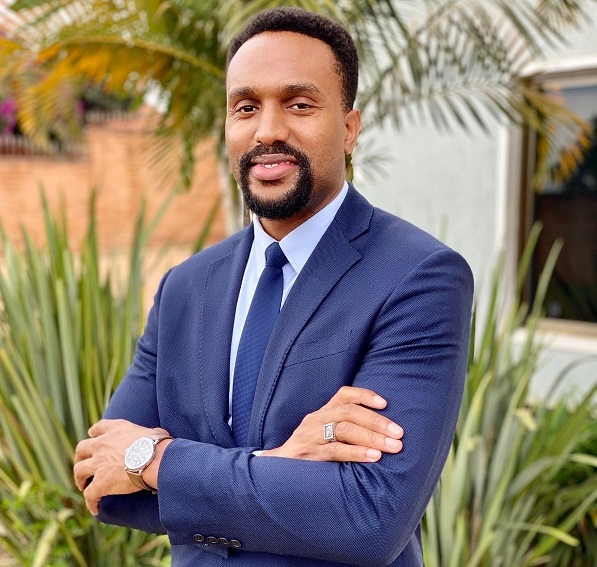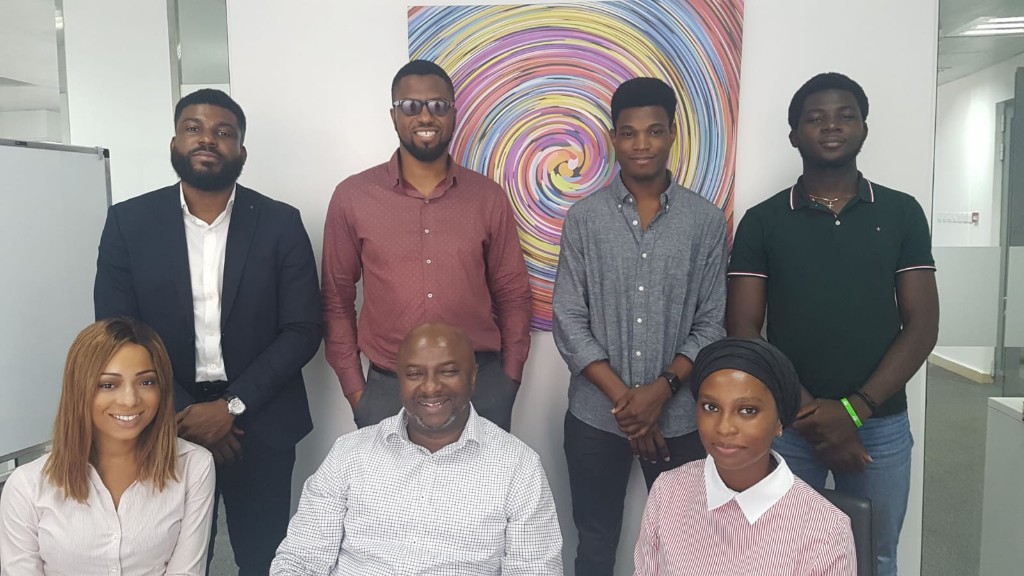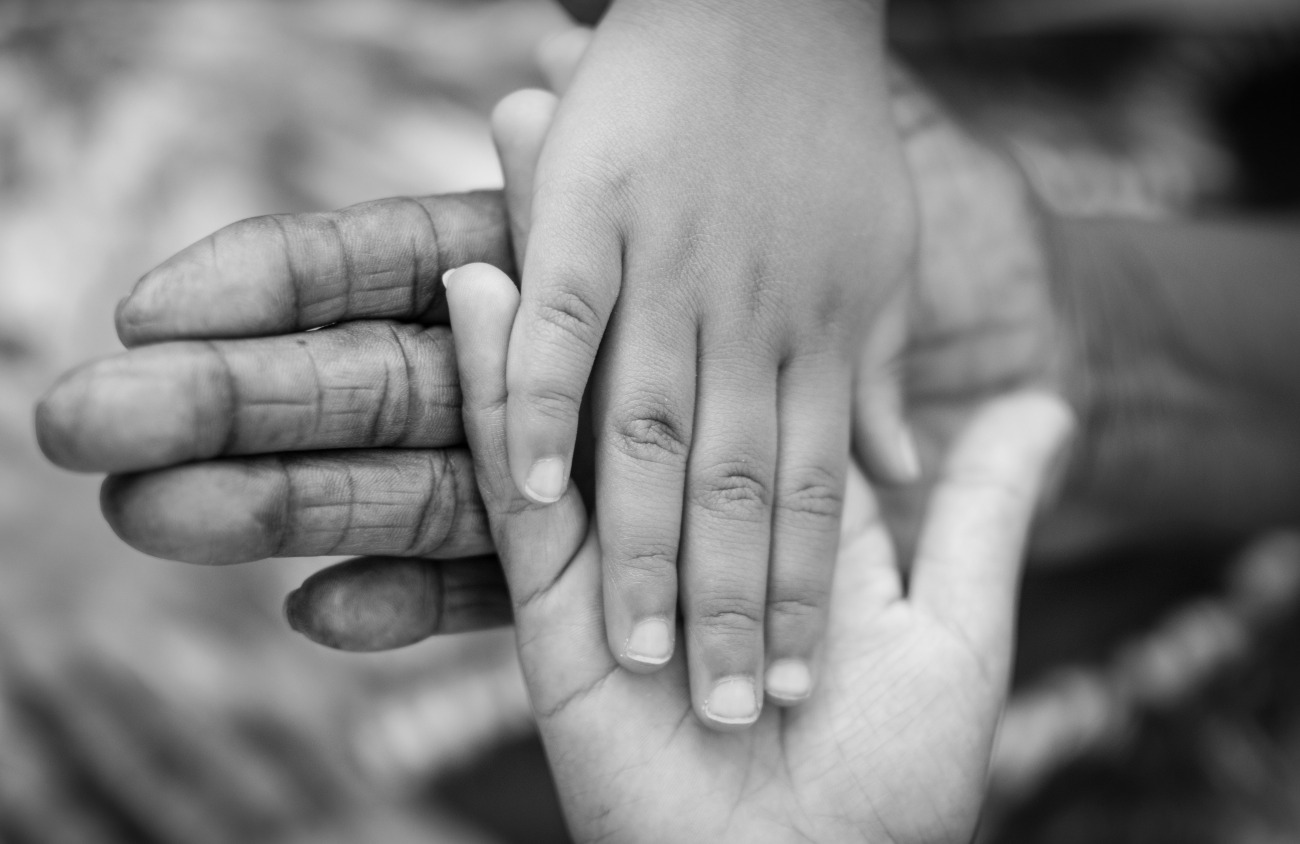One cold harmattan night in the Wonjuga sub-district of Chereponi, Northern Region, Ghana, Baba is awoken by a familiar sound he hasn't heard in quite a while. It's his wife Awu, writhing in labour pains; the past 30-something weeks have been in anticipation of their third child.
However, unlike the previous 2 occasions when Baba would have immediately begun calling for older women in the community to assist in Awu delivering the baby at home, Baba calls for his younger brother to go fetch him the schoolboy from the compound about 200 metres from theirs.
Just the day before, Awu had gotten back from the Health Centre rather chatty. Those nde nde people from Tamale town had come visiting again -- the third time since Awu conceived. She always returned from their sessions as zealous as a new Christian convert; evangelising the benefits of hospital birth as opposed to home birth.
On this last visit, the nde nde people gave Awu a card bearing a phone number. They told her she could call toll-free to get a ride to the hospital in Chereponi when the time for labour came. And because she didn't have a phone, they also handed her one for free.
It's past midnight, but with the help of the schoolboy, Baba is able to put a call through to the nde nde people, and within 40 minutes a branded tricycle arrives to take Awu on the 4km drive to the Chereponi Government Hospital, where she delivers a baby boy safely.
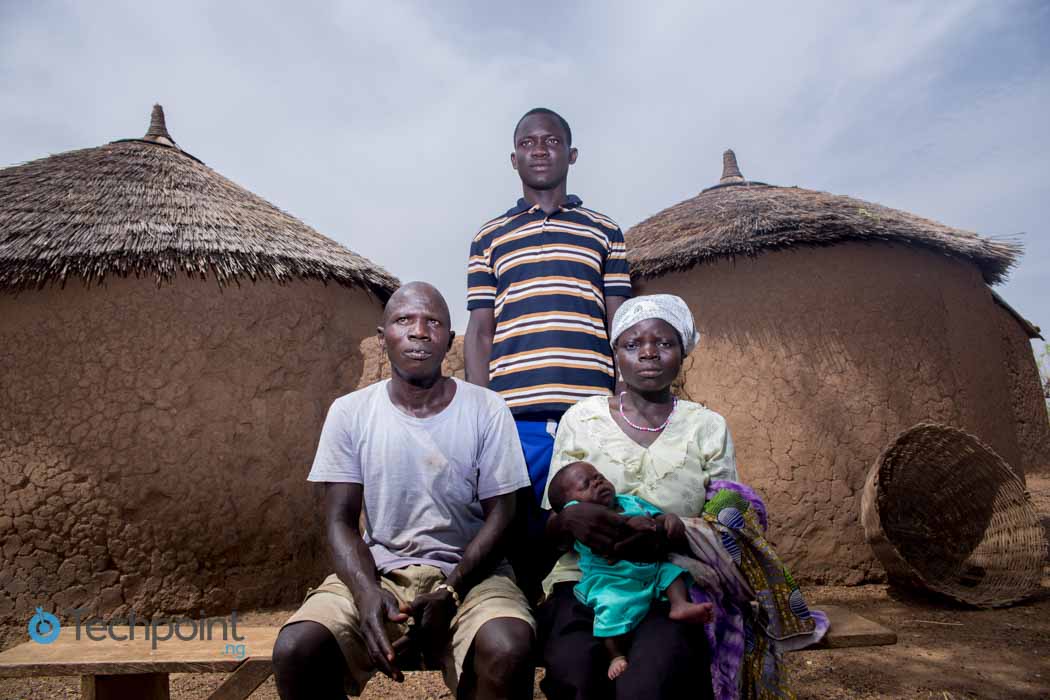
"If it wasn't for them, we would have struggled," Baba told me via a translator, "I would have had to trek all the way to the main town to hire a motorcycle, then come back, mount her on the motorcycle before commencing on the long ride to the hospital".
According to the World Bank, about 43 out of every 1000 live births in Ghana result in infant mortality. For many families like Baba's who inhabit the Northern Region, Ghana, where unplanned and unskilled home birth is rampant, this figure is an existential reality. But things are beginning to change for the better.
Transportation saving lives
Baba and Awu's is one of the many success stories of MAZA, a health transportation startup that launched last December in Ghana. The name 'MAZA' borrows from the Hausa (one of the most largely spoken immigrant languages in Northern Ghana and West Africa in general) phrase maza maza, which means "fast" or "quickly". But in Wonjuga, the locals prefer to refer to MAZA as 'nde nde', which means basically the same thing in the local language, Anufo.
MAZA is practically saving lives of expectant mothers and their unborn children in rural Ghana. At the helm of MAZA's affairs is Nana Twum-Danso, a public health and preventive physician by training.

Be the smartest in the room
Give it a try, you can unsubscribe anytime. Privacy Policy.
Nana used to work for the Bill & Melinda Gates Foundation where she was responsible for shaping and managing grants to improve maternal and child health outcomes at scale in Africa, among other things.
When she made the decision to kick-start MAZA in the Chereponi District of Northern Region, Ghana in 2015, Nana enlisted the help of 2 full time staff, among many other volunteers.
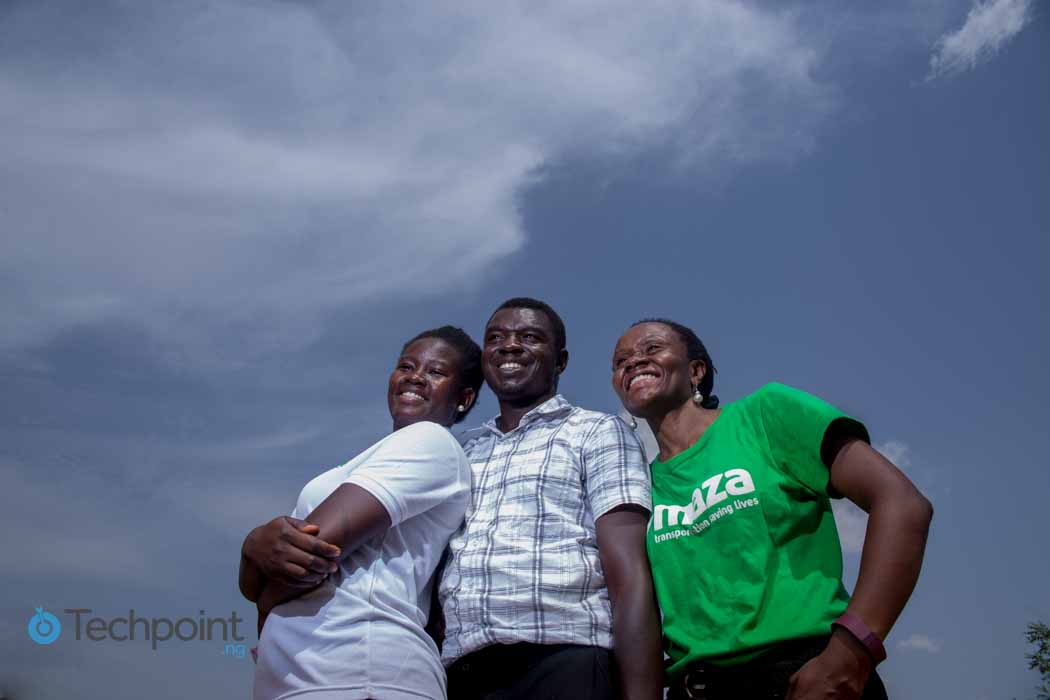
As of this publication, Nana and her team have subscribed almost 500 pregnant women -- about a quarter of the estimated number of pregnant women in Chereponi District -- onto their life-saving platform, majority in 2nd and 3rd trimester of pregnancy.
When I and Adewale first heard about what MAZA was doing in Ghana, we knew we had to see it for ourselves. So began our adventure into the remotest villages of Chereponi; a 4-hour drive from Tamale town, which is a further 12 hour drive from Ghana's capital city of Accra.
The urban/rural disparity
The Ghanaian government, through the Ghana Health Service, has done a great job of decentralizing healthcare services within the country, as aptly highlighted by Julian Mawuli Adinkrah:
"There are 5 levels of providers: Health posts – which are first level primary care for rural areas: Health Centres and Clinics (at Sub-district[1] level), District[2] Hospitals, Regional Hospitals and Tertiary Hospitals".
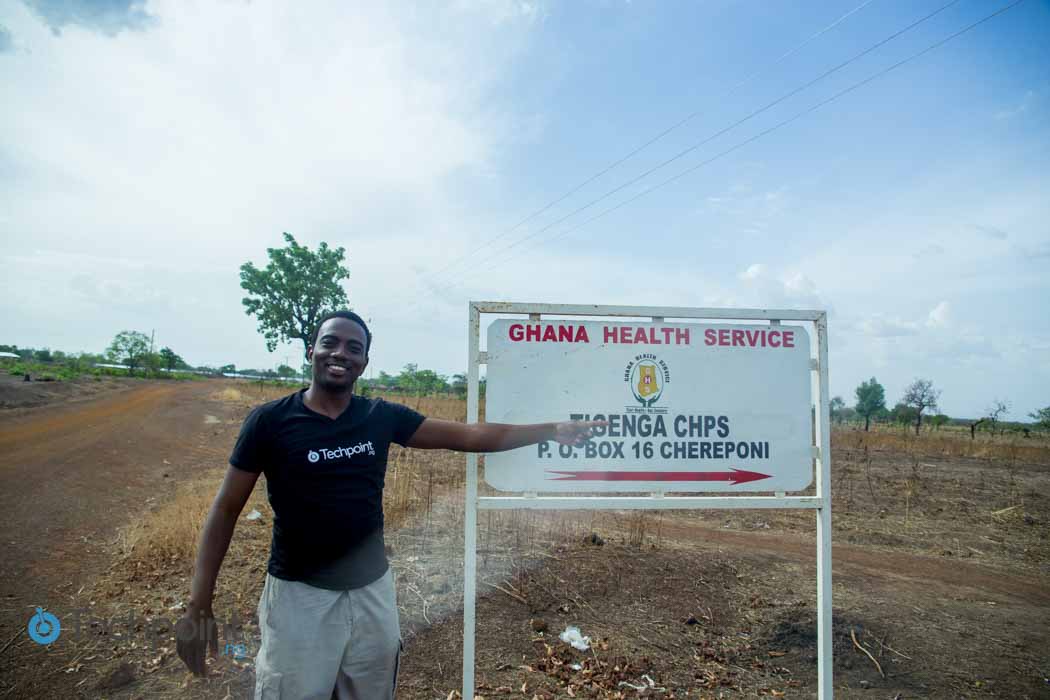
However, there exists a huge disparity between rural and urban areas in terms of access to urgent maternal health care. As of 2010, there were only about 15 physicians and 93 nurses for every 100,000 persons in Ghana. With a vast land mass and low population density, the Northern Region of Ghana -- largely rural by composition -- is most affected with highest rate of premature deaths in pregnant women and infants.
Health posts and sub-district clinics in Northern Region are chronically short of personnel who can deliver babies safely (e.g midwives and doctors). So, while expectant mothers can access antenatal care within their immediate community, they usually need to go all the way to the District Hospital to get access to qualified midwives and the one or two doctors you might find in rural districts.
Here lies the major challenge -- the most common transportation means in Northern Ghana are foot, beasts of burden, bicycle and motorcycle. It goes without saying that average travel time to reach skilled care is terribly long. Could this possibly be the biggest reason why Awu and a lot of Ghanaian women in rural areas still prefer the easier alternative of home birth? This is in spite of the fact that healthcare for pregnant and nursing mothers is practically free in Ghana.

The solution?
A network of motorised tricycles that meet these urgent health transportation needs in a safe, reliable, timely and affordable manner. This is the core of MAZA's value proposition.
"Our narrow focus is the transportation," says Nana, "Very few people are working on that connection between people who really want to go to hospital and those in the hospital waiting to provide healthcare. We feel that that's where our niche is".
Nana and her team chose the Chereponi District in Northern Region, Ghana for their pilot launch in December, 2015, after extensive research revealed that with a population of 53,000 -- 45,000 of which is rural -- pregnant women in the District use antenatal care services at a relatively high rate but drop off dramatically when it comes time for labour and delivery. Nana and her team conducted some formative research in mid-2015 to understand the reasons for this pattern in Chereponi and similar districts and confirmed that it was primarily due to the challenges of long distances, few roads, scarce transportation and limited funds at the time of labour to pay for it.
The idea is to spread MAZA to more rural communities, in and beyond Ghana, over the next few years. So far, 13 motorised tricycles have been handed over to drivers within the 4 rural sub-districts outside of the main Chereponi town.
MAZA is not to be confused for a charity, as it could be more accurately described as a social enterprise. The drivers obtain the tricycles at a subsidised rate and “work-and-pay” to own them over a 2-year period. The primary revenue stream for these drivers is the fare they charge customers going to buy and sell their goods in local markets (about GH¢ 4 round-trip). For transporting subscribers to and from healthcare centres and hospitals they charge a little bit more since the 10-seater tricycle is then used for only one or two people. The drivers also sign an agreement with MAZA which allows them to use the tricycles for other income-generating opportunities, as long as they commit to be on call strictly for urgent health transportation two days a week.
When a subscriber places a call to MAZA's toll free number, call centre agents are able to pinpoint their location, based on provided landmarks, to determine which driver on duty is closest to them. If you earlier imagined some Uber-like location-based implementation, all I can tell you is that it will come at some point. For now, what MAZA has is a Minimum Viable Product. Once they can solidify the model, they can begin to worry about leveraging technology to make MAZA more uber-like.
Ripple effects
By its very nature as a social enterprise, it is inevitable that MAZA reaches way beyond its primary value proposition. Other than providing the much needed health transportation, they end up doing a lot more at community level, including health education, home visits and mobile money awareness drives; MAZA is looking to push mobile money savings as a convenient way for subscribers to pay for transportation services.
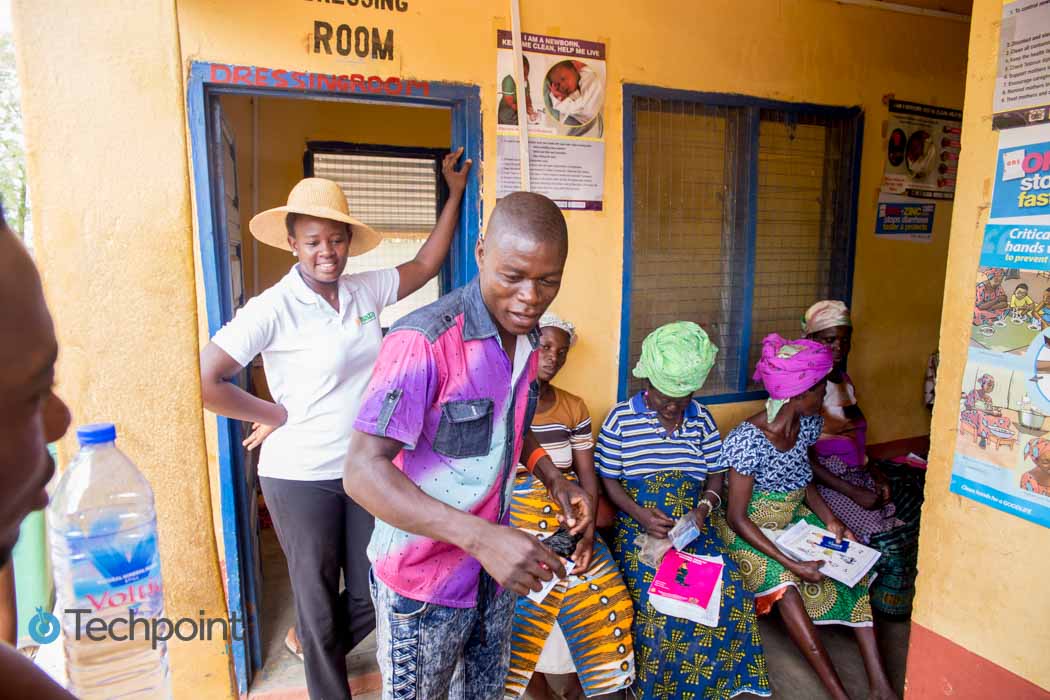
Indeed, MAZA's transportation offering is seen as a big lever for many other things, within and beyond health transportation. While MAZA is focused on pregnant women and infants in the community, it is not unusual to see non-subscribers latch on to the service for urgent health transportation needs. "About 50% of the people who use MAZA services are not pregnant women," Nana tells me, "they're just people in the community who've heard about us."
The enlisted drivers are all local health volunteers who, before MAZA's advent, were helping the nurses in the health posts and clinics in various ways. The injection of tricycles by MAZA has not only made their work easier, it has also empowered them. I was particularly impressed by Lukman, one of the more enthusiastic drivers I was opportune to chat with.
Lukman manages to juggle roles as a community teacher, health volunteer and MAZA driver, all while paying his way through his first year in University.
"I earn better income to sustain myself now than I used to before MAZA came," Lukman tells me, " I can honestly say that MAZA has really transformed my life."
I also met Bashiru, who has attained some sort of celebrity status in the Wonjuga sub-district where he serves. I witnessed a subscriber sign up session where expectant mothers were asked who they would call in case of emergency. Almost all of them chose Bahiru ahead of their husbands. That brings to light another way subscribers are using MAZA -- directly calling the drivers with whom they have developed a relationship, as opposed to using MAZA's toll fee number. In short, the general attitude towards MAZA in the community is very welcoming.
Challenges
On the second day of our Chereponi District 'adventure', we visited the Health Centre at Wonjuga sub-district. While we already met some women waiting, within minutes of our arrival, more of them began to appear, seemingly out of nowhere, some of them in company of their husbands.
Word spreads fast in such a small community, especially if you drive SUVs and come bearing 'gifts'. You kind of get the sense that most of the women who come are more interested in the mobile phones MAZA is giving than the true value they offer. Apparently, this is so common that Genevieve and Awuni had to enforce strict criteria for handing phones to subscribers. "We now demand that potential subscribers must be at least 28 weeks into pregnancy, and have attended antenatal at least 3 times, before we give them a mobile phone," Genevieve tells me.
MAZA's decision to give away mobile phones is only a means to an end, necessitated by poor mobile penetration in Northern Ghana. As expected, it is increasingly becoming an unsustainable model.
"As we get further South were women own phones, we won't have to be involved with giving out phones," remarks Nana, "and we can focus better on establishing a relationship with our subscribers". In the meantime, they have already pivoted during this initial pilot to introduce cost-sharing agreement for the mobile phones. The thinking is that this would help them figure out which of the pregnant women are really serious about delivering their babies in the hospital.
Subsidising mobile phones can only do so much to curb other inherent obstacles. Occasionally poor reception, bad road networks and the human element are among other challenges that the MAZA team has to surmount. Chereponi is a very small district yet it presents a major geographical challenge. When the MAZA team were deciding on distribution of the 13 tricycles among the 4 rural sub-districts of Chereponi, they used population distribution as a criteria. However, as it turns out, they underestimated the needs of the areas that are less populated.
The road network is so limited and population density so low that getting across areas within the same sub-district often requires going all the way around through external sub-districts. Definitely, more vehicles are needed to cover these lapses. MAZA is in the process of raising funding to acquire 5 more tricycles.
Our last day with the MAZA team culminated in a meeting with the drivers from all 4 rural sub-districts of Chereponi.
The meeting was quite revelatory. I understood how drivers might be taking their freedom to diversify income generation a bit too far. Their habit of overloading the tricycles appears to be largely responsible for how often they have to change parts. This presents a major frustration for Driver Relations Manager, Awuni who is responsible for procuring the parts from Tamale.
In their defense, the drivers insist that the tricycles might not be durable enough for the terrain. Being well aware of how much money they lose replacing parts more often than not, and how this might affect their ability to offset weekly vehicle leasing bills, they claim they know better than to mishandle the tricycles.
One possible solution would be to build tricycles customised for the terrain, as against buying ready-made ones imported from China. Of course this would require a substantial amount of capital.
The Social Capital advantage
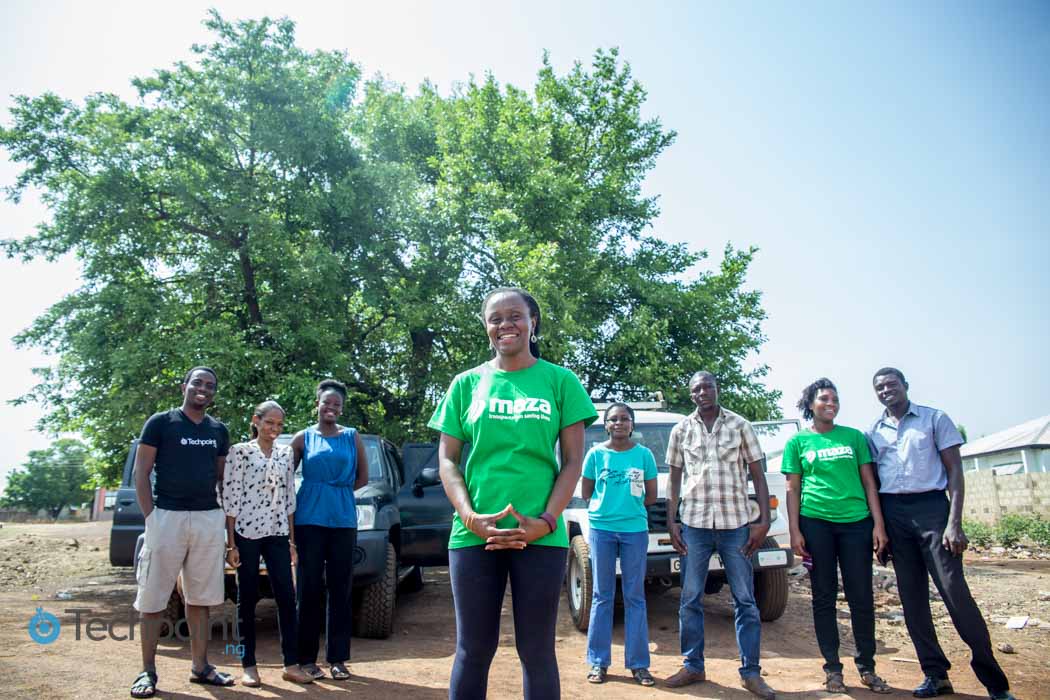
Despite still being in a private beta (of sorts), MAZA has soaked in a whooping sum of $100,000 dollars, 70% of which came from Nana's personal savings. The other 30% was acquired through crowdfunding from friends and family. So strong is Nana's vision for MAZA that some good friends are also drawn to invest other resources beyond funding.
For example, we met Linda Azumah, a former colleague of Nana, who volunteers to handle Monitoring and Evaluation for MAZA. She actually took 4 days off work to join us on the adventure.
There are at least 5 other volunteers, besides Linda, who help out with things ranging from database, communications, contracts, car rentals, among other things. It's a lot of hard work and Nana needs all the hands she can get, as she pushes for more funding.
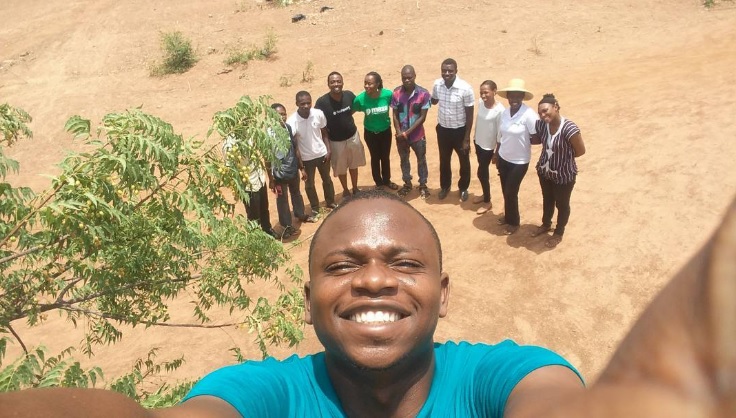
"It's difficult work but I enjoy it," Nana tells me. "When things work its very rewarding."
Prospects
The money raised so far has been just enough to cover logistics and operational costs. But that just about it.
"We have a vision for scale beyond Ghana. This rural transportation problem is very generic. So while our current focus is to improve and scale up in Ghana, we have an eye to countries like Togo, Benin and Nigeria that have similar terrain and challenges like we do."
Of course, when MAZA gets to these countries, they will have to figure out how the address the cost of clinical care, especially where there is no free health insurance like in Ghana. For now, the focus is to perfect the service by leveraging technology to fully automate recurrent processes.
Beyond all these, what does the future hold for MAZA in the long term? This is what Nana has to say:
"We have a vision to someday go into water transportation because there are some parts of Ghana, especially the South, where the people are separated from their clinic or hospital by a river. This will happen maybe by year 3 or 4. The peak for us would be air transportation for rural communities".
Those are quite ambitious, but very attainable projections.
- [1]Sub-district - the equivalent of the Local Council Development Area in Nigeria
- [2] District - the equivalent of the Local Government in Nigeria

